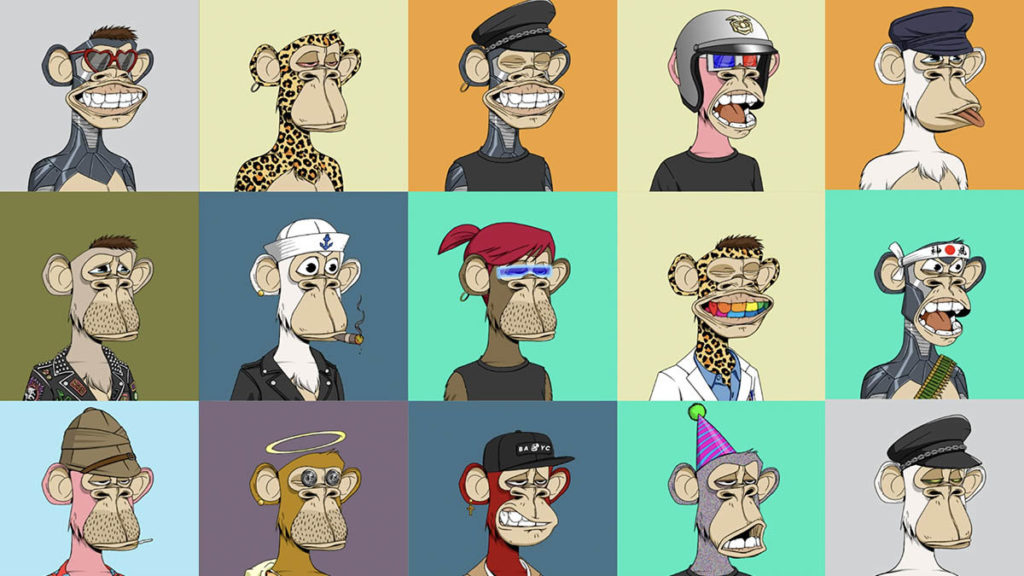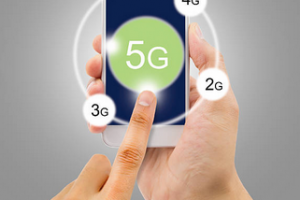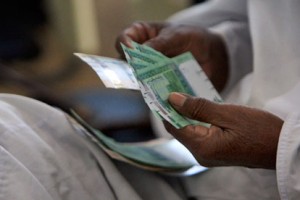Over the past two years, various art collections have been sold as digital jpegs for millions of dollars. Jack Dorsey, the former CEO of Twitter, sold his first tweet for over $2.9 million. This is possible through a non-fungible token, also known as NFT.
So what is this new phenomenon selling like hot cake lately? This article will explain what an NFT is, how it works, and so much more. Let’s get right into it.
What is an NFT?
Non-fungible Tokens are digital assets that symbolize real-world objects like art pieces, memes, food, music, videos, etc. They are bought and are also sold online via a blockchain.
In technical terms, non-fungible tokens are cryptographic assets on a blockchain with unique identification codes and metadata that differentiate them from each other.
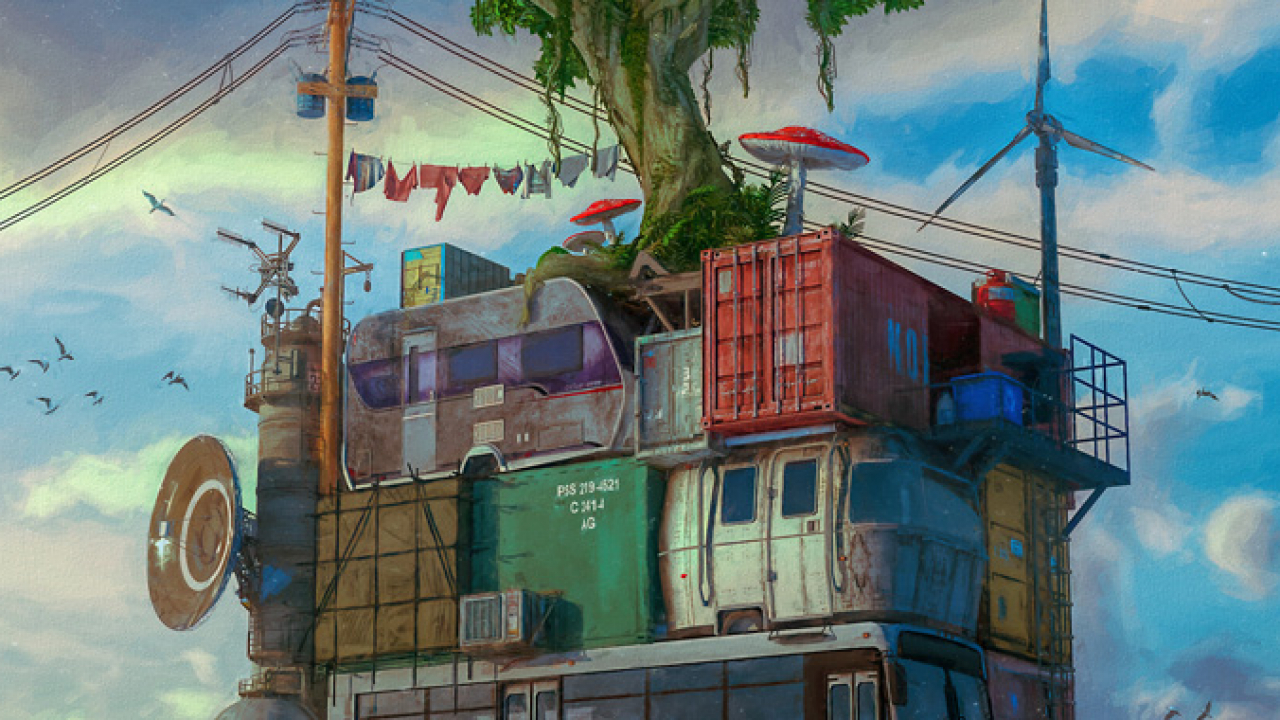
To illustrate, if you have an art piece that you wish to sell using NFT, you need to certify, digitize, and tokenize your work. You will sell a certificate of a digital version of your artwork. This certificate is called NFT. After you have sold it, you will still receive royalty profits every time this certificate is traded.
Difference between fungible and non-fungible assets
In economic terms, fungible assets are items or commodities that can be exchanged with other assets or commodities of the same type. Physical money is a fungible asset because it can be exchanged for other currencies, goods, or pay for services. Other examples of fungible assets are stocks, mutual funds, and precious metals such as gold and silver.
Non-fungible assets, on the other hand, do not have a fixed price or regularized price structure. They are differentiated by their uniqueness and popularity, among other factors, which are not fixed. Examples of non-fungible assets are; real estate, trading cards, Non-fungible assets, etc.
Related Article: Differences Between Digital Currency, Cryptocurrency, and StableCoins
Difference between NFTs and Cryptocurrency
Whereas NFTs and cryptocurrencies are built using identical programming and are traded both via a blockchain, they aren’t the same thing. The main difference in the name, while NFTs are non-fungible, cryptocurrency is fungible. Ten bitcoin is always equal to 10 bitcoin. With NFTs, one art piece, for example, isn’t the same as another art piece, even though they look alike.
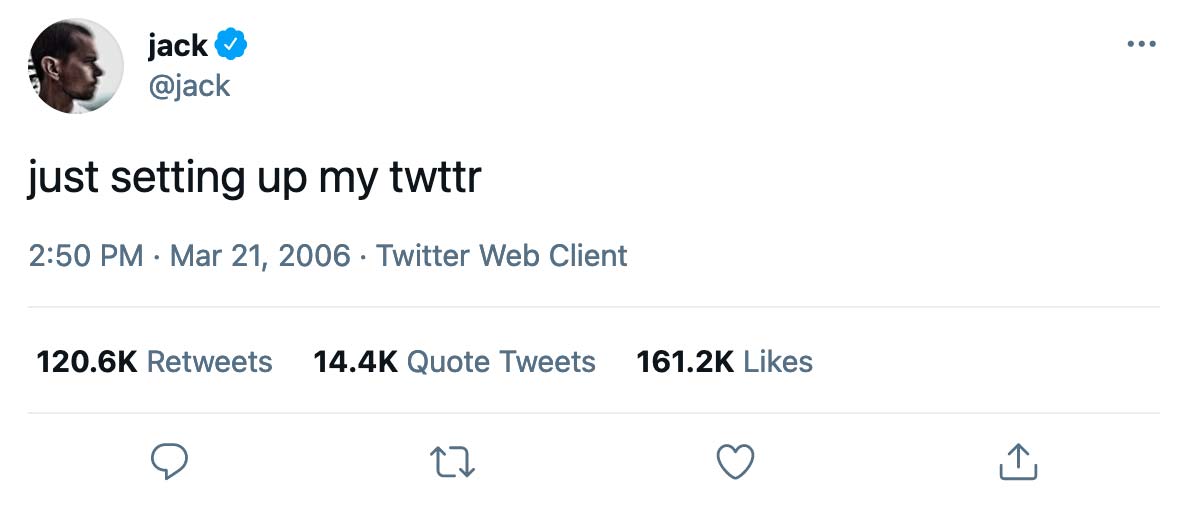
NFTs also can’t be exchanged, unlike cryptocurrency. For example, we can’t exchange Jack Dorsey’s first tweet for the Bored Ape art piece.
How NFTs work
Traditional art pieces are valuable because they are one of a kind. However, when you convert them into digital files, they can be easily duplicated, and this is where NFTs come in.
With NFTs, special codes and metadata are added to these art pieces to create a digital certificate of ownership that can be bought and sold. These allow easy tracking and verification, and a record of who owns what NFT is then stored on a blockchain.

Now, you might ask, why would someone spend millions of dollars to buy an NFT, yet one can access various art pieces, listen to music, etc., online for free?
Well, the answer isn’t very complicated. The buyer of the NFT owns a “token” that proves they own the original work. Think of it as buying an autographed art piece. NFTs are traded on blockchain technology which is secure and hence preventing duplications.
How to Trade NFTs
Well, now you want to buy the NFT for your favorite meme. Here’s how to go about it.
First, you will need to have some cryptocurrency because NFTs are traded on the blockchain that uses cryptocurrency as a means of exchange. You will need to find out what type of cryptocurrency your NFT provider accepts. You can buy crypto on platforms such as Chipper Cash, Eversend, Yellow Card, Coinbase, eToro, etc.
Once your crypto wallet is set, you will now head to an NFT market to buy your NFTs. Here’s a list of some popular NFT markets:
- OpenSea.io
- Rarible
- Foundation
- AirNFTs
- Mintable
- Nifty Gateway
- NBA Top Shot for basketball video highlights
There are many reasons why people would buy NFTs, and these range from personal reasons to the prospect of re-selling these NFTs at a relatively higher price. You must treat investment in NFTs just like other investments, and you need to do serious research and understand all the risks involved before proceeding with the investment.
Feature Photo from Bored Ape Yacht Club


